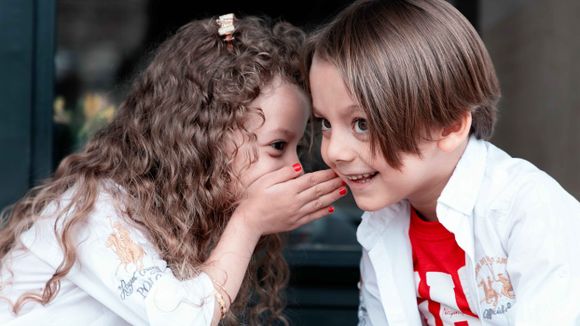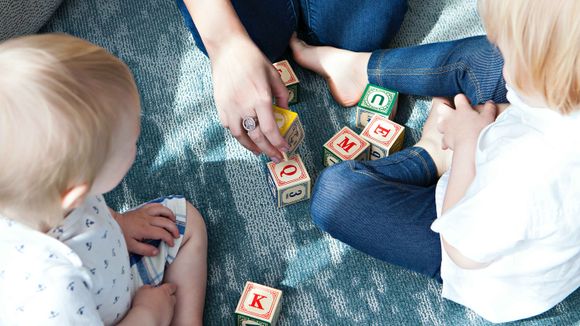How children understand the world around it and the place of the people in it
In order to effectively navigate their social world, children need to understand what to expect when interacting with others. These expectations are driven in part by the ability to read the thoughts of others, but also by understanding the structure of their social environment. In particular, numerous studies have examined children's reasoning for others based on their group membership. One such study is published in 2020 in the journal Child Development "Children Hold Leaders Primarily Responsible, Not Entitled." [ [ref. 1] ]
The authors of the study are postdoctoral student in cognitive development Maayan Stavans from the Central European University in Budapest, Hungary, and psychologist Gil Disendruck from Bar-Ilan University in Ramat Gan, Israel. According to their study, children need to learn how to function socially by developing a sense of what they can expect as they interact with others. When dealing with an older person, surely the adult takes on a leadership role. However, leaders also appear in groups of children. Researchers are interested in how children feel and what they expect from their leaders.
What the study shows
We understand how these relationships are settled in adults with decades of experience gained in society. And according to the leadership hierarchy survey, people show respect and obey freely those who take responsibility.
Adults usually perceive two types of leaders:
- Authoritative leaders assume the power to give orders and make decisions for a group, and members of the group are expected to obey them.
- Influential leaders receive disproportionate advantages and are not interested in exercising power over others.
The study looks, on the other hand, at what constitutes leadership for someone who is not yet fully socialized and is likely to be a particularly pragmatic stage in life when it is important "Who will feed me?" and "Who will protect me?". In this way, young children can serve as a kind of tabula rasa (clean board) through which we can distinguish signs of how adults really feel, or perhaps should feel, in terms of leadership and authority.
The researchers tested children aged 5 to 6 in particular for several reasons. First, it is known that children of this age are aware of social hierarchies and leadership roles. Secondly, they are able to track the contributions of individuals in a group and will withdraw from situations where others do not play their part.
The research team is conducting three experiments. Forty-eight children from local secular Israeli kindergartens participated in the first experiment, 40 in the second and 48 in the third. In all experiments, participants were guided through screen stories that presented scenarios for amusement parks exploring:
- Couples or dyads (a group of at least two people) of children, where one member is an authoritative leader;
- Dyads of authority with an influential leader or "leader with authority";
- Egalitarian* dyads of equal children.
*Egalitarianism implies universal equality.
Variants researched in the experiment include the need to give coins to activate entertainment. Children were given physical coins to make their contribution more tangible. Decisions must also be made on who participates in the attractions and on which attractions.
Sometimes children are allowed to influence stories and are presented with "actual" stories on the screen to which their reactions are recorded. For each story, children appreciate how honestly and effectively the main characters and/or leaders in a dyad serve to achieve the common goal of this group.
Experiment 1 in the study
In the first experiment, when children experienced egalitarian relationships, they expected that both members would contribute an equal number of coins - participation with more or less than the equal share was unacceptable. For dyads with leaders, those leaders who have contributed more than their equal share of coins are considered acceptable. Leaders who offer less are declared unacceptable.
This implies that these children are expected to sacrifice themselves for the common purpose and that leaders with powers are not qualified to rule.

Experiment 2 in the study
The most significant discovery of the second experiment is that when a member of a dyad is identified as a leader - without specifying the type of leader - children assume that this person is an authoritative leader, with decision-making power and a greater measure of responsibility to achieve the goals of a dyad.
Experiment 3 in the study
In this experiment, children are shown supposed egalitarian relationships when a member of the dyad saves more coins for himself. Children judge that this person is the empowered leader and are not very happy about it.










